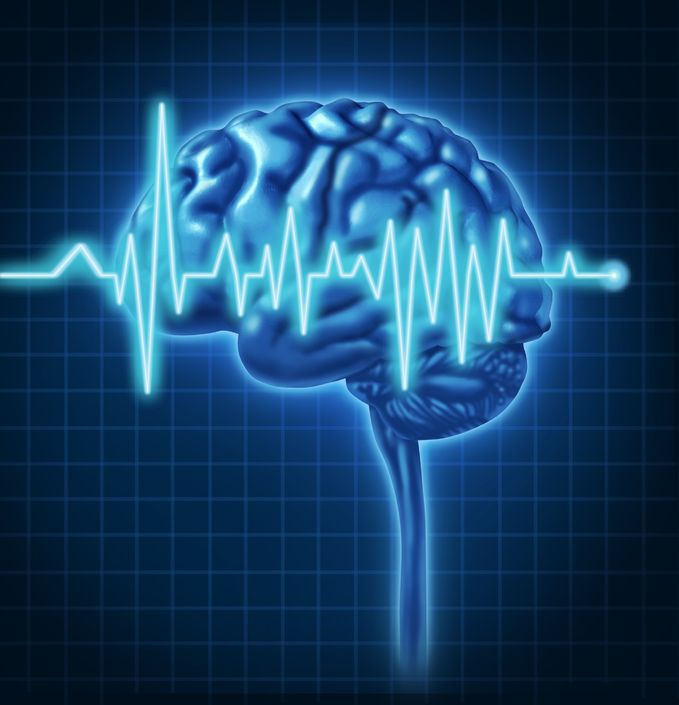Vitamin D effects on athletic performance
This article discusses Vitamin D and its effects on athletic performance (1). Vitamin D is important for calcium homeostasis and bone metabolism. It also has important direct effects on skeletal muscle. Unlike authentic vitamins, which cannot be synthesized in the body, vitamin D is produced in the skin using sunlight. Through its nuclear receptor located throughout the body, including skeletal muscle, vitamin D initiates genomic and nongenomic pathways regulating multiple actions, including muscle cell proliferation and growth. In some studies, vitamin D supplementation has been shown to increase muscle strength, particularly in people who are vitamin D deficient. Higher serum levels of vitamin D are associated with reduced injury rates and improved sports performance. In a subset of the population, vitamin D appears to play a role in muscle strength, injury prevention, and sports performance.
References
1) Abrams GD, et al. Effects of Vitamin D on Skeletal Muscle and Athletic Performance. J Am Acad Orthop Surg. 2018. doi: 10.5435/JAAOS-D-16-00464.











